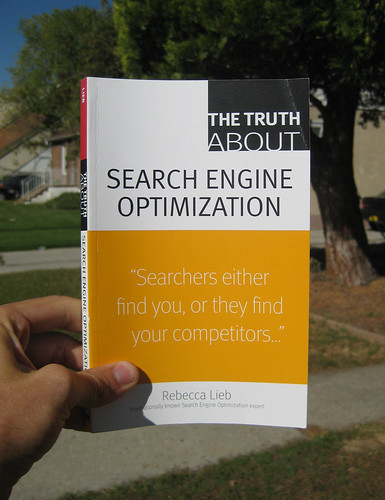To be frank, everything centers on Google. Your website must be optimized for Google searches. or Bing, for instance), you aren’t maximizing your potential. Use these tips to get started on a search optimization campaign for your website, and watch your users roll in.
Increasing SEO is a game of patience. You can not build up huge traffic overnight. If a site is pretty new, it will take a while for you to see any results. Remember that it takes some time to get your name built up.
Look into exactly how much experience they have. You will also need to know the risks involved, so that you can make the most informed decision possible.
Look at the source codes on other sites. That lets you in on their own SEO techniques, including keywords. You don’t want to copy what they are doing, but this bit of detective work can give you ideas of keywords of your own.
Keep in mind that spiders cannot identify obscure URL names, so be mindful of this when you create new pages. Put relevant keywords and meaningful names in your URLs to help the spiders.
Interesting meta tags on each web page can help improve your search engine results. These tags are perfect for giving a “snapshot” of your site, through descriptions, on the search results page. Keep your meta tag short and to the point. Descriptive tags will go a long way in bringing visitors to your website. Your descriptions can lure visitors away from higher-ranking pages, so do not skip this important step.
Video Content
If you include some audio or video content for your site’s visitors, you will need to have transcripts included as well. When you provide transcripts, search engines understand your audio and video content and are able to add them to search results.
An effective site map will include your keywords. A site map acts as a central hub that allows visitors to go to any page on your site with no hassle. Search engines use site maps to rank websites in the search results, due to the fact that they make a website more usable, and that is an important factor in their ranking systems.
A top optimization idea is to put captions on your site. Thus, if you have lots of photos or news articles on your site, utilize keyword-rich captioning to boost traffic.
Image links can be optimized for search engine ranking by adding an “alt” tag to each image. Alt tags display to visitors if they have chosen not to view images on your site. Search engines dig through and read the alt tags so ensure that they contain your vital keywords.
Title Tag
When working to maximize your SEO, try weaving keyword phrases into the title tag of your HTML. Of all the words on your page, the words that appear in your title tag are generally given the most weight by search engines. Use your best keywords in your page titles to bring in the visitors!
Using the advice you just learned is going to help you with your SEO efforts. When your website has great relevance, search engines will rank it higher. Stay relevant with the tips shared here. If you ignore this advice, your competition surely will not.
